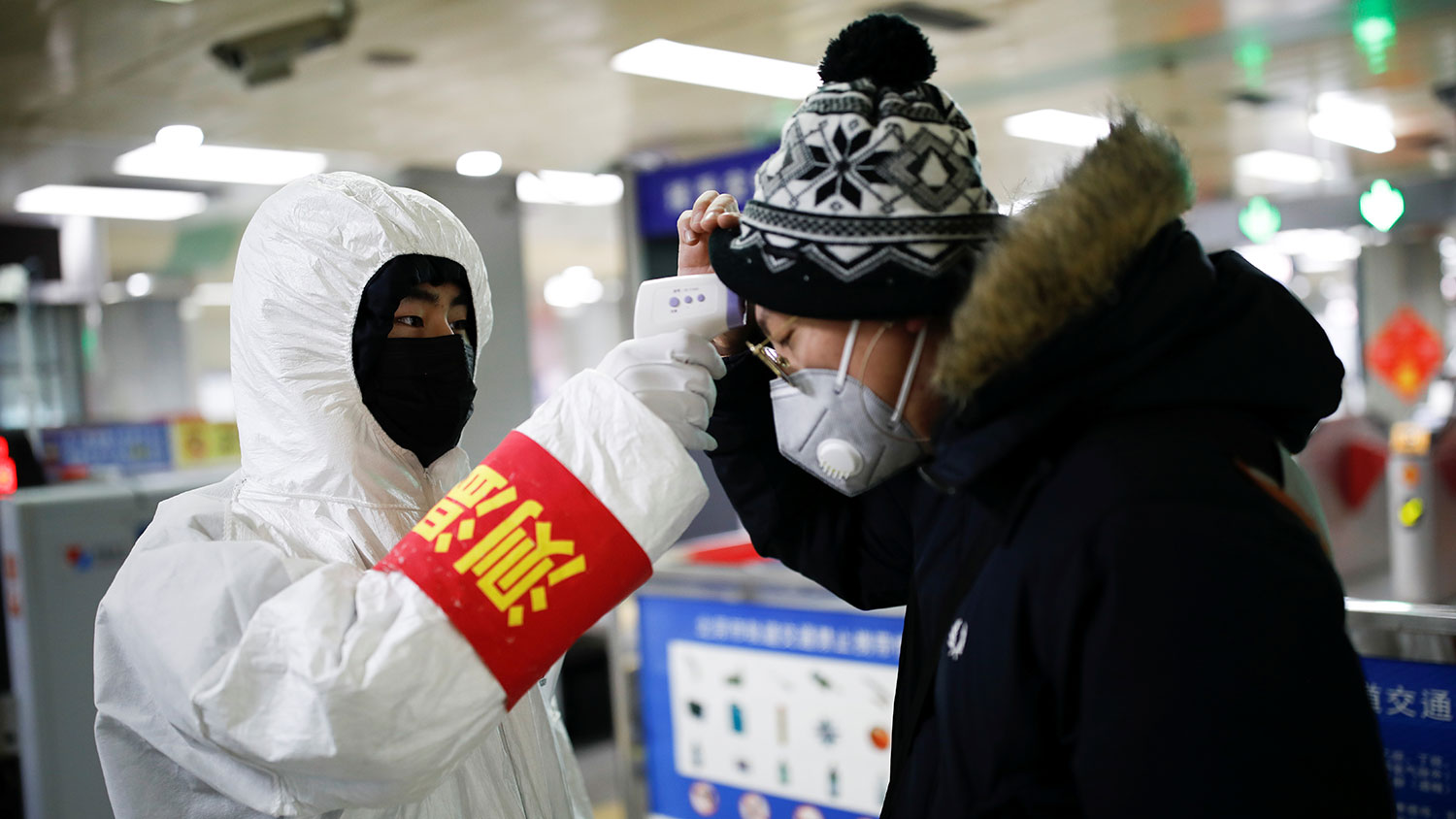According to Bernstein analysts, China’s latest quarantine restrictions pose an even greater risk to global inflation than in 2020, as the world has become more dependent on Chinese goods since the pandemic began, CNBC writes.
The global dependence on China is evident in the numbers: China’s share of global exports rose to 15.4 percent in 2021, the highest since at least 2012.
China’s exports have grown over the past 2 years because that country was able to bring the initial COVID-19 outbreak under control within weeks and resume production at factories while the rest of the world struggled to contain the virus. China even today maintains its zero-tolerance policy for COVID-19, while other countries loosened controls as recently as last year.
In the past few weeks, mainland China has managed to deal with the strongest COVID-19 wave in 2 years by imposing quarantines and travel restrictions that foreign business leaders have described as tougher than they were in early 2020. Requirements to self-isolate and work remotely from home and carry out en masse testing for the virus have particularly affected coastal economic centers such as Shanghai.
“We think the macroeconomic impact of restrictions in China could be quite high and the market has yet to appreciate it,” said analyst Jay Huang at Bernstein.
According to former Australian Prime Minister Kevin Rudd, a quarantine in China could cause a global slowdown in the economy.
The analysts’ report noted at least a 5-fold increase in the cost of export containers in Shanghai compared to pre-pandemic levels, and airfares up to twice as much, with a similar strain on suppliers’ delivery times.
Many both Chinese and foreign companies operating on the mainland have reported supply chain disruptions and production stoppages: this includes Nio and Volkswagen (ETR:VOWG).
China makes most of the containers, ships, rare earth metals and solar panels, as well as cell phones and personal computers. Chinese factories not only perform the final assembly of these electronic products, but also manufacture the components themselves, such as LCD panels and integrated circuits. China is also a growing exporter of automobiles, especially electric vehicles.
The country accounts for approximately 74% of global battery production.
It has only started to incentivize the development and purchase of electric cars in the last few years, mostly through subsidies. That’s why foreign automakers attracted to the market have started producing electric cars for the local market. Major foreign manufacturers such as Tesla (NASDAQ:TSLA), BMW and others are increasingly producing electric cars in China for export to other countries, according to the Bernstein report.
- support@xii-xwealth.com
- 21021 SPRING BROOK PLAZA DR STE 172, Klein, 77379-5339, TX


